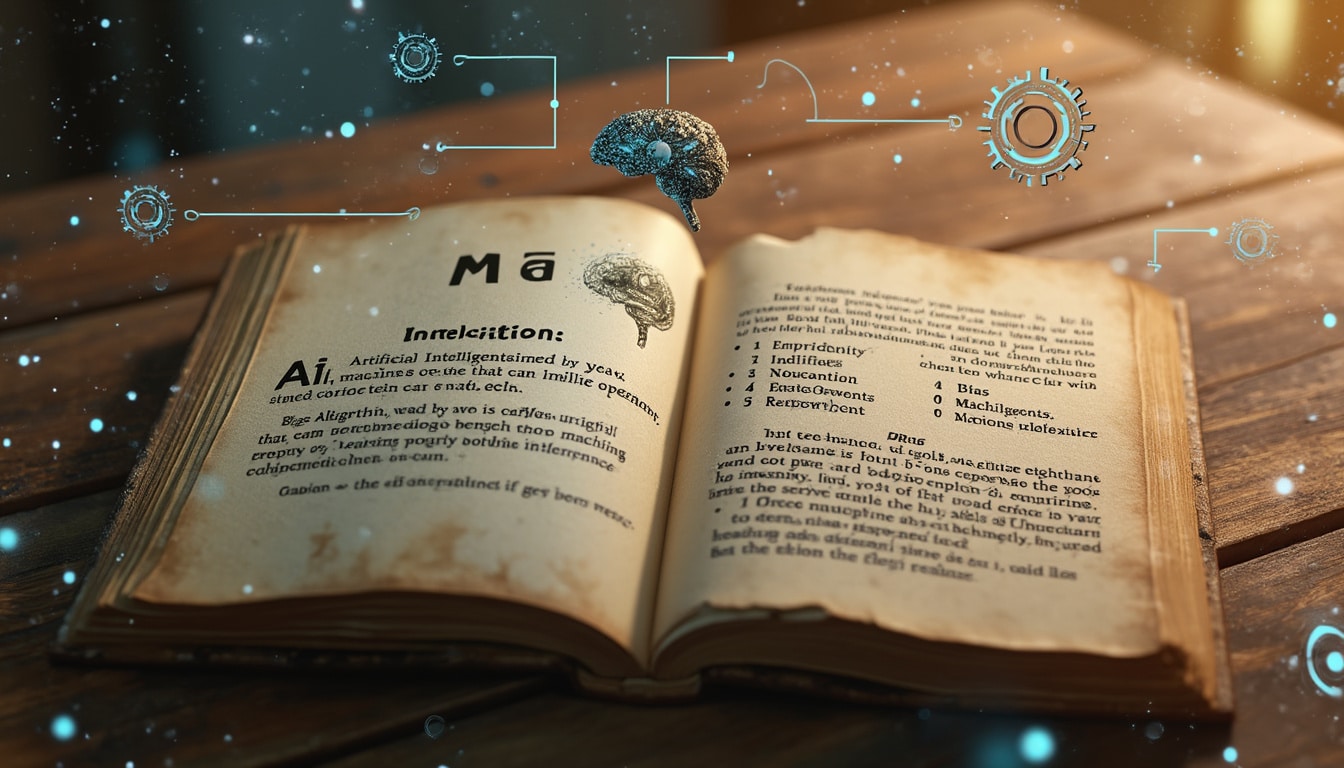Oh, the tangled web that AI weaves! Imagine a world where your trusty AI assistant turns your simple request for a cat video into a live stream of a congressional debate. The fine art of communication is fraught with challenges, and when AI steps into the picture, things might just get a tad more complicated. The beauty—or the bane, depending on your outlook—of AI lies in its ability to process language, but certain words often trip up these digital marvels, transforming harmless instructions into potential dangers for unsuspecting users. It’s a twisty-turny ride through linguistic lands, as we explore why these slip-ups occur and what they mean for those of us at the mercy of our tech companions.

Table of contents
ToggleRecognizing agency of ai
The world of Artificial Intelligence is like a teen with brand new driving privileges—exciting, a bit unpredictable, and occasionally liable to accidentally hit the mailbox. This technological marvel is proficient at analyzing and executing tasks that would make our heads spin like a dreidel. Yet, it’s not all sunshine and rainbows, and by rainbows, I mean the pristine data that AI thrives on. When we talk about the agency of AI, we’re referring to its capacity to make sense of the information handed to it. It’s like teaching a cat to dance—it might get the rhythm sometimes, but don’t expect it to lead the salsa.
Misinterpretation of words
Even the most sophisticated AI systems struggle with understanding the diverse intricacies of language. In the realm of AI communication, words are more slipperier than a global eel wrestling competition. A simple phrase, spoken by a human, can conjure images, emotions, and even nostalgic flashbacks of your childhood dog in a way that an AI finds as fathomable as a cat solving algebra. What happens when AI encounters homonyms, puns, or idioms? It’s like trying to explain a joke to someone who missed the punchline seven languages ago.
The impact on users
When AI’s circuitous path of understanding goes awry, it’s the users who find themselves scratching their heads, wondering if they inadvertently stumbled into a parallel dimension where cats rule the world. Misinterpreted words in our trusty virtual assistants can undermine user confidence faster than you can say « Can you hear me now? » As an example, if an AI mishears « under the weather » as « thunder the leather, » you might end up with advice on leather care instead of earl gray tea for the sniffles!














